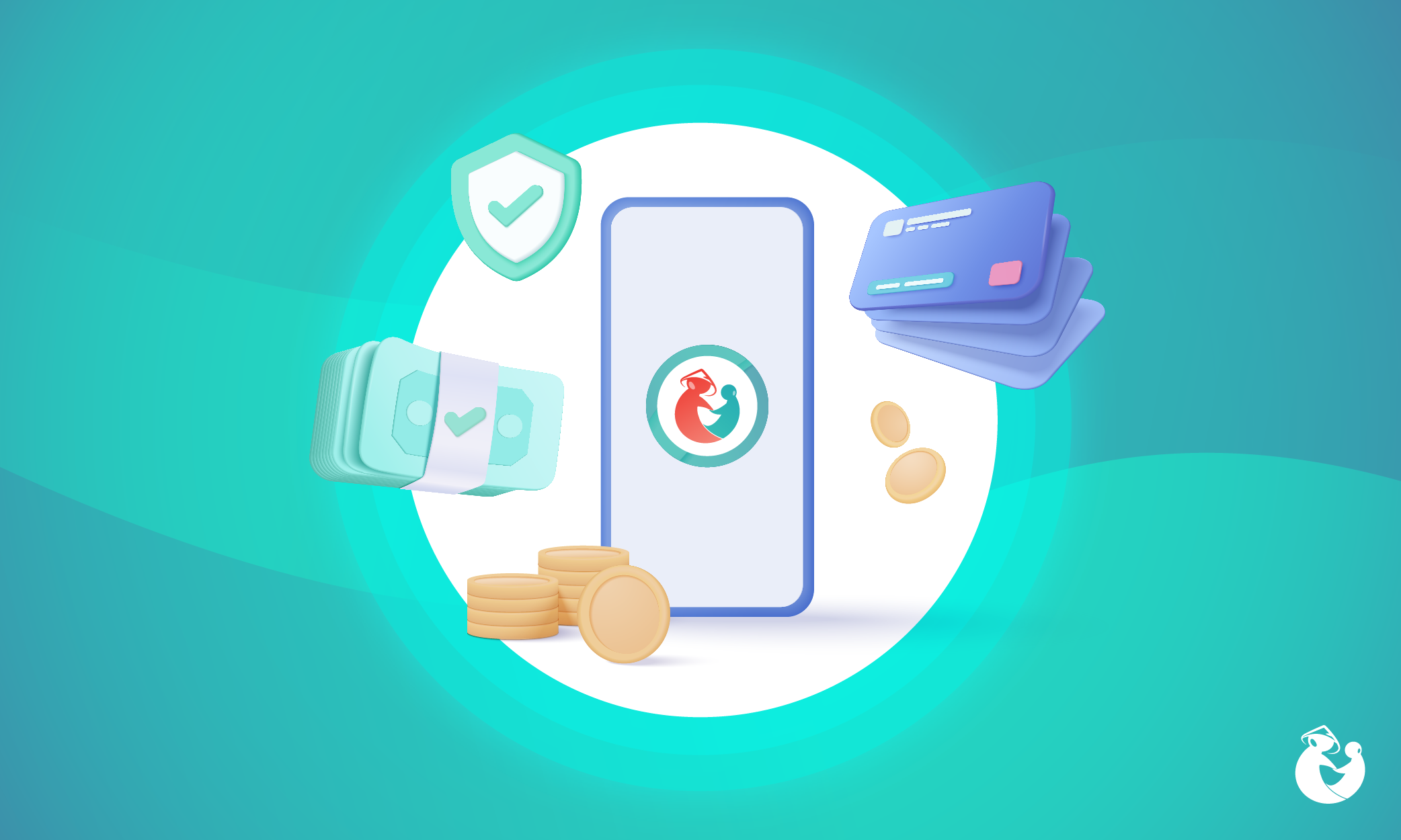
8 ways to stick with your financial New Year’s resolutions for 2025
The new year is a chance for new beginnings and New Year’s resolutions. It’s also a chance for overseas Filipino workers to get their finances in order and identify the goals they want to reach in 2025.
Surely, you already have your resolutions listed down—but do you know how to keep them until the end of the year?
Whether you’re an OFW based outside the Philippines, or you’re doing your best in the motherland, we at Kabayan Remit have listed down eight ways to help you stick with your financial New Year’s resolutions for 2025.
Keep scrolling to learn more, and don’t forget to share these tips with your loved ones.
Tip 1: Identify your financial goals

Start 2025 by reflecting on the previous year’s finances and jotting down the money goals you want to achieve in the next 12 months. This will help you identify your financial New Year’s resolutions for the year.
Keep the goals realistic, meaning you’ll be able to achieve them based on how much you make, your spending habits, and your wants and needs.
You should also be clear about your goals. For example: While the goal “financial independence” is admirable, it would be easier to attain this if you know the specific steps you must take to achieve it in 2025. These steps could include paying your existing debts (like your family’s car loan) and incurring less debt this year.
Tip 2: Understand your motivations

It’s great to have clear financial goals for 2025, but it’s even better if you know why you’re making financial New Year’s resolutions this year.
Are you saving to buy a house or to send a loved one to college? Maybe you’re preparing to go on that dream vacation your family has been planning for years.
Understanding why you’re being wise about money will help you stay disciplined.
Tip 3: Know your budget

Set a specific monthly amount that you are comfortable spending and use it to guide your expenses.
Then, use a spreadsheet or budgeting app to monitor your spending and ensure you stay within your monthly cap.
You can also set a savings goal. As a rule of thumb, follow the 50-30-20 rule, meaning you should allot half of what you make to pay for needs. Thirty percent may go to your wants, and 20% should go to savings.
If you have any extra money left over from your needs-and-wants budget at the end of the month, consider transferring it to a high-yield savings account or use it to help pay off your debt.
Remember: Your budget should be customised to your lifestyle, so be open to adjusting based on your needs, debts, and cost of living.
Tip 4: Be disciplined with your bills and credit cards

You won’t achieve your financial New Year’s resolutions if you have pending bills and penalties. These debts can also affect your credit score and make it harder to secure financing for your dream purchases (like a house or a car).
Plus, mounting penalties and interest rates may eventually prevent you from saving the amount you need to achieve your financial goals.
To avoid getting sidetracked by liabilities, make it a point to regularly pay debts and to allot more than the minimum when it comes to paying your credit card bills.
Tip 5: Automate and track

After determining your budget, you can now set a monthly amount for your savings account. Plug that amount into your bank app and set it on repeat, so you can regularly add to a separate savings account without fail.
You can even automate deposits to your government contributions, like PhilHealth, the Social Security System, and the Home Development Mutual Fund (Pag-IBIG).
To ensure you’re staying on track, use your spreadsheets and budgeting apps to record your expenses and monitor your progress.
Tip 6: Be wary of scams

You may be so focused on reaching your financial goals that you forget to notice the warning signs of a scam.
Before transferring any funds, remember: Scammers pressure their victims by creating a sense of urgency. For example, they may say you need to invest now, now, now or risk losing a great investment opportunity. In APP fraud, they may even pressure you to send money by pretending to be a loved one in need of emergency funds.
To avoid falling for scams and straying from your financial New Year’s resolutions, have an accountability partner you can consult before making important expenses. This partner can be a family member, friend or professional you trust.
Tip 7: Be kind to yourself

Pat yourself on the back for being disciplined and achieving your goals but be kind to yourself if you fall short.
Life is full of surprises, so be grateful for what you’ve earned and be humble enough to accept that there are still factors that are out of your control—like the economy, inflation, or a family emergency—that may pose a challenge to sticking with your financial New Year’s resolutions.
Instead, focus on what you’re able to achieve despite the challenges that come your way.
Tip 8: Choose an OFW-friendly remittance app

As an OFW, a chunk of your financial New Year’s resolutions is centred on providing for your loved ones back home. That’s why when it comes to sending money to the Philippines, it’s important to choose a remittance service that offers competitive exchange rates and keeps your funds secure.
Kabayan Remit is a government-recognised remittance app that offers bank-level data encryption and lets OFWs in the United Kingdom, Canada, and the United States safely send money to reputable banks, e-wallets, and remittance centres in the Philippines.
Its handy calculator tool allows users to see how much they can save when they choose Kabayan Remit to transfer funds online, while its rewards program lets OFWs enjoy discounts and seasonal prizes to make sending love even more worthwhile.
Learn more about Kabayan Remit here or start sending funds by downloading the app today.
